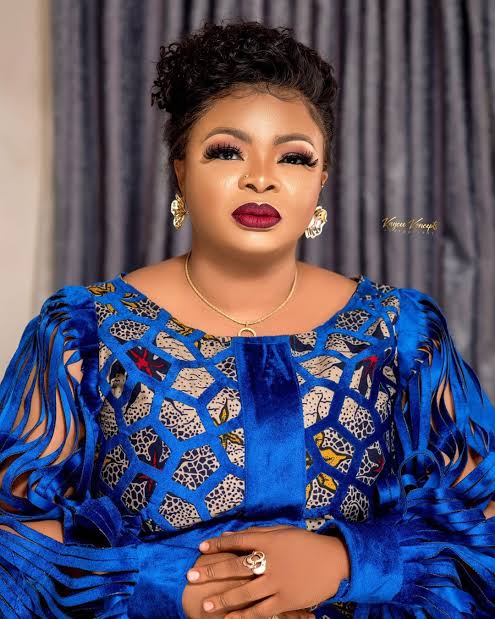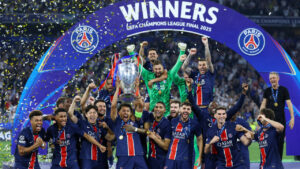Dayo Amusa’s Response to Bobrisky’s Best Dressed Female Award Sparks Conversation

The Nigerian entertainment industry recently witnessed a flurry of reactions following the announcement that controversial social media personality Bobrisky had won the Best Dressed Female award. Among those weighing in on this unexpected development is Yoruba Nollywood actress Dayo Amusa, whose response has ignited a conversation about gender expression, identity, and recognition in the Nigerian entertainment scene.
Bobrisky, known for his flamboyant style and bold fashion choices, has often courted controversy and divided opinions with his unapologetic embrace of gender nonconformity. His win in the Best Dressed Female category at a recent event has raised eyebrows and sparked debate about the criteria used to evaluate fashion and style in the industry.
In her response to Bobrisky’s win, Dayo Amusa took to social media to express her thoughts on the matter. While acknowledging Bobrisky’s impact on pop culture and fashion, Amusa questioned the appropriateness of awarding him the Best Dressed Female accolade, suggesting that it might send mixed messages about gender norms and expectations.
Amusa’s comments have prompted a broader discussion about inclusivity, diversity, and representation in the entertainment industry. Some have praised Bobrisky’s win as a celebration of individuality and self-expression, applauding the event organizers for recognizing his contributions to fashion and style. Others, however, have voiced concerns about the message it sends, particularly to impressionable audiences.
The debate surrounding Bobrisky’s win reflects broader societal conversations about gender identity, sexuality, and acceptance. In a conservative society like Nigeria, where traditional gender roles are often rigidly defined, individuals who defy these norms can face stigma, discrimination, and backlash.
Bobrisky’s rise to fame as a gender nonconforming figure has challenged conventional notions of masculinity and femininity, sparking important discussions about gender fluidity and self-acceptance. While his win may be seen as a milestone for LGBTQ+ representation in the entertainment industry, it also highlights the need for greater sensitivity and awareness when it comes to issues of gender and identity.
As the conversation continues to unfold, it serves as a reminder of the power of art and culture to shape perceptions and challenge societal norms. Whether Bobrisky’s win is viewed as a progressive step towards inclusivity or a controversial statement, it underscores the importance of dialogue, empathy, and understanding in navigating complex issues of identity and representation.
In the end, what remains clear is that the Nigerian entertainment industry, like society at large, is evolving and becoming more diverse and inclusive. As actors, artists, and influencers use their platforms to amplify marginalized voices and push boundaries, they contribute to a richer, more vibrant cultural landscape where everyone feels seen, heard, and valued, regardless of gender or identity.




